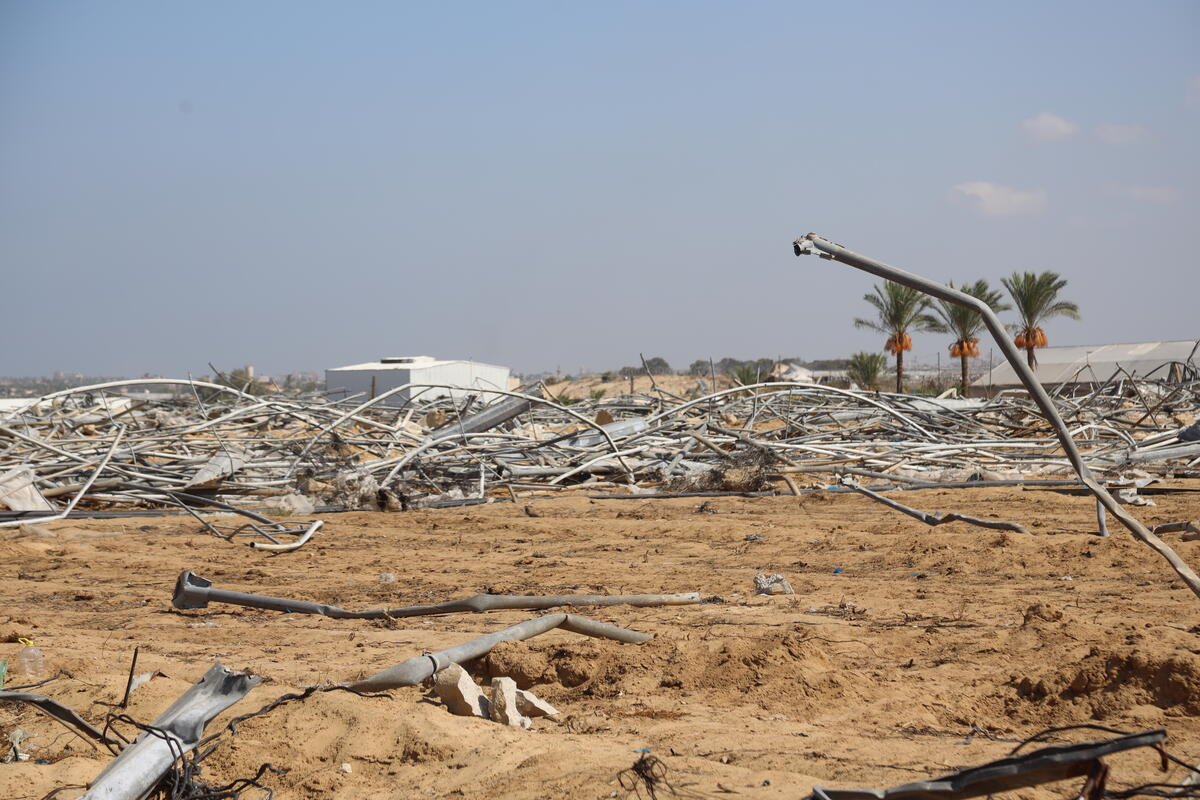Monday, 2 March 2026
Hunger in the Arab region reaches new height: UN report
Around 186.5 million people – 39.4 per cent of the population – faced moderate or severe food insecurity Hunger in the Arab region worsened amid deepening crises in 2023, according…

Around 186.5 million people – 39.4 per cent of the population – faced moderate or severe food insecurity
Hunger in the Arab region worsened amid deepening crises in 2023, according to a UN report launched by the Food and Agriculture Organization (FAO), the International Fund for Agriculture Development (IFAD), the United Nations Children’s Fund (UNICEF), the World Food Programme (WFP), the World Health Organization (WHO), and the United Nations Economic and Social Commission for Western Asia (ESCWA).
The report, titled “2024 Near East and North Africa Regional Overview of Food Security and Nutrition,” warns that the Arab region remains off-track to meet the food security and nutrition targets of the Sustainable Development Goals (SDGs) by 2030.
In 2023, 66.1 million people, approximately 14 per cent of the population in the Arab region, faced hunger. The report highlights that access to adequate food remains elusive for millions. Around 186.5 million people – 39.4 per cent of the population – faced moderate or severe food insecurity, an increase of 1.1 percentage points from the previous year. Alarmingly, 72.7 million people experienced severe food insecurity.
The report’s analysis shows that conflict is the main driver of food insecurity and malnutrition in the region. Economic challenges, high-income inequalities, and climate extremes also play significant roles. Rising food prices have worsened the crisis. In 2023, undernourishment rates in conflict-affected countries soared to 26.4 per cent, which is four times higher than the 6.6 per cent in non-conflict areas.
Technology
IPC Report Flags Rapidly Deteriorating Food Security across Somalia
Mar 02, 2026 | Africa
University of Florida Develops Vitamin A–Rich Tomato to Tackle Global Deficiency
Mar 02, 2026 | Food
Inside the World’s First AI Centre of Excellence for Chocolate and Cocoa
Mar 02, 2026 | Interaction
Food Testing
Australian Medical Bodies Push for Compulsory Health Star Labelling
Feb 24, 2026 | Australia
Tim Hortons Singapore Secures Majlis Ugama Islam Singapura Halal Certification Ahead of Ramadan
Feb 23, 2026 | Company News
More Popular
Wildbrine Launches Industry-First Fermented Bean Salad
Mar 02, 2026 | Company News
IPC Report Flags Rapidly Deteriorating Food Security across Somalia
Mar 02, 2026 | Africa
University of Florida Develops Vitamin A–Rich Tomato to Tackle Global Deficiency
Mar 02, 2026 | Food






